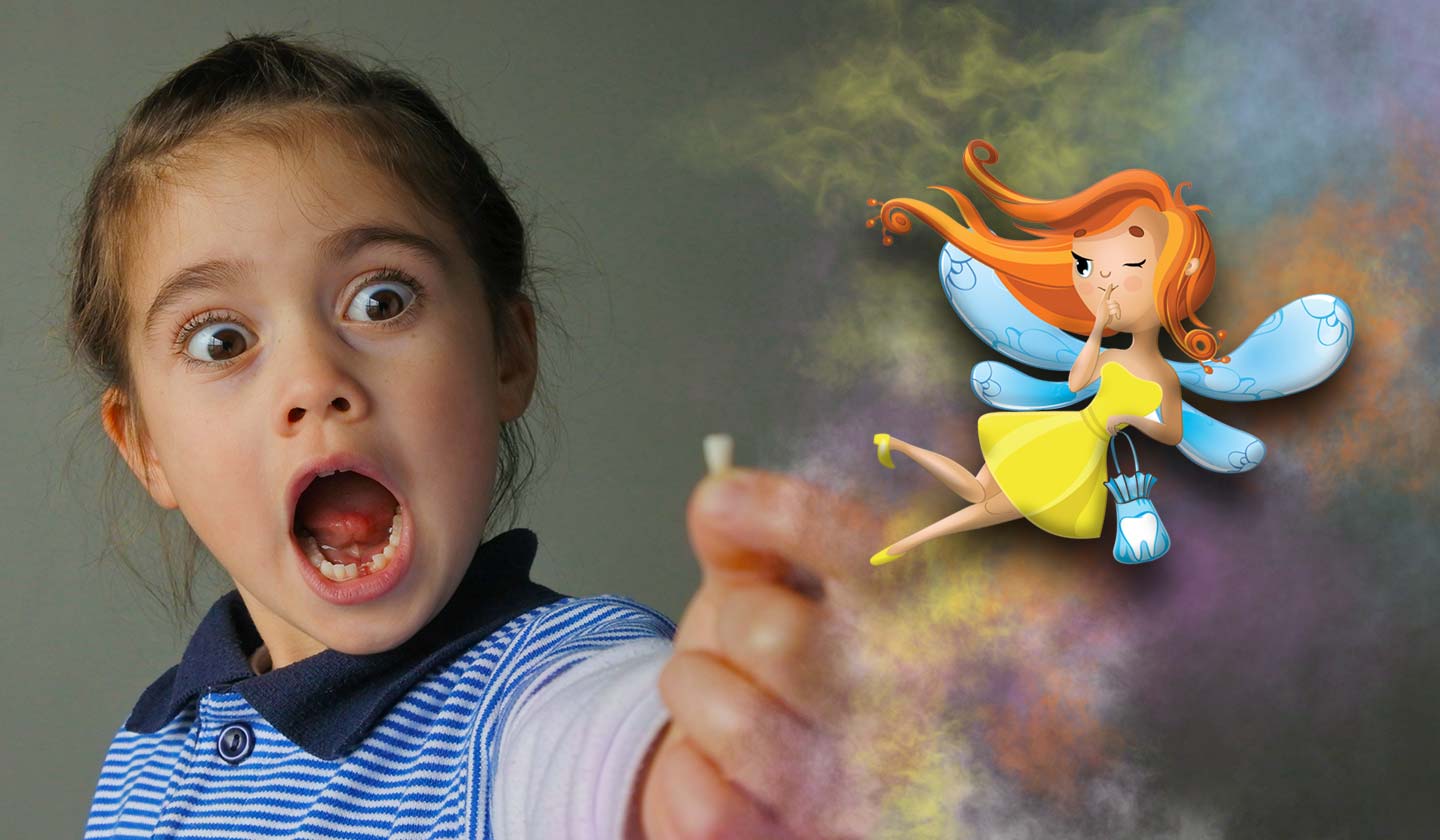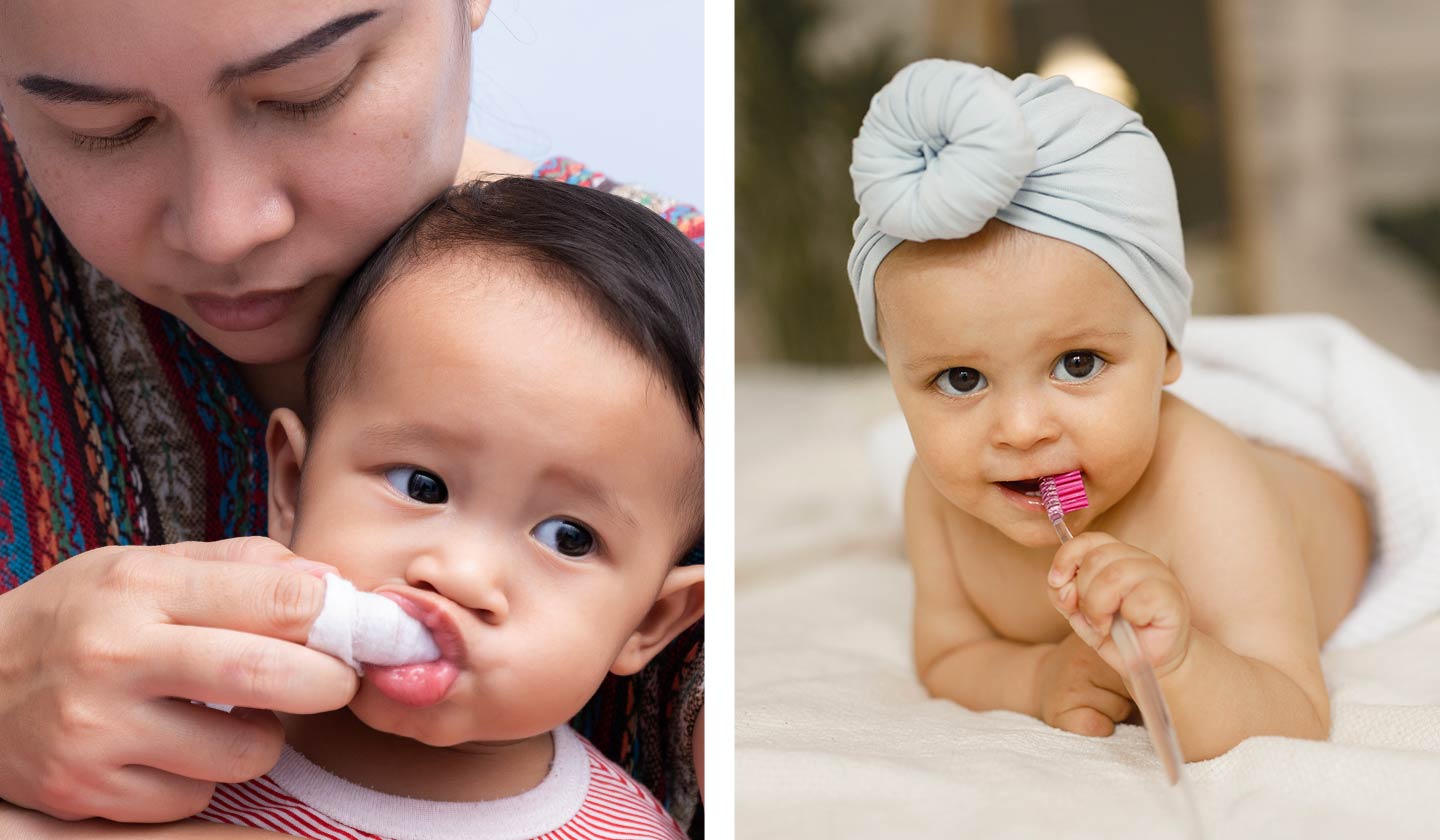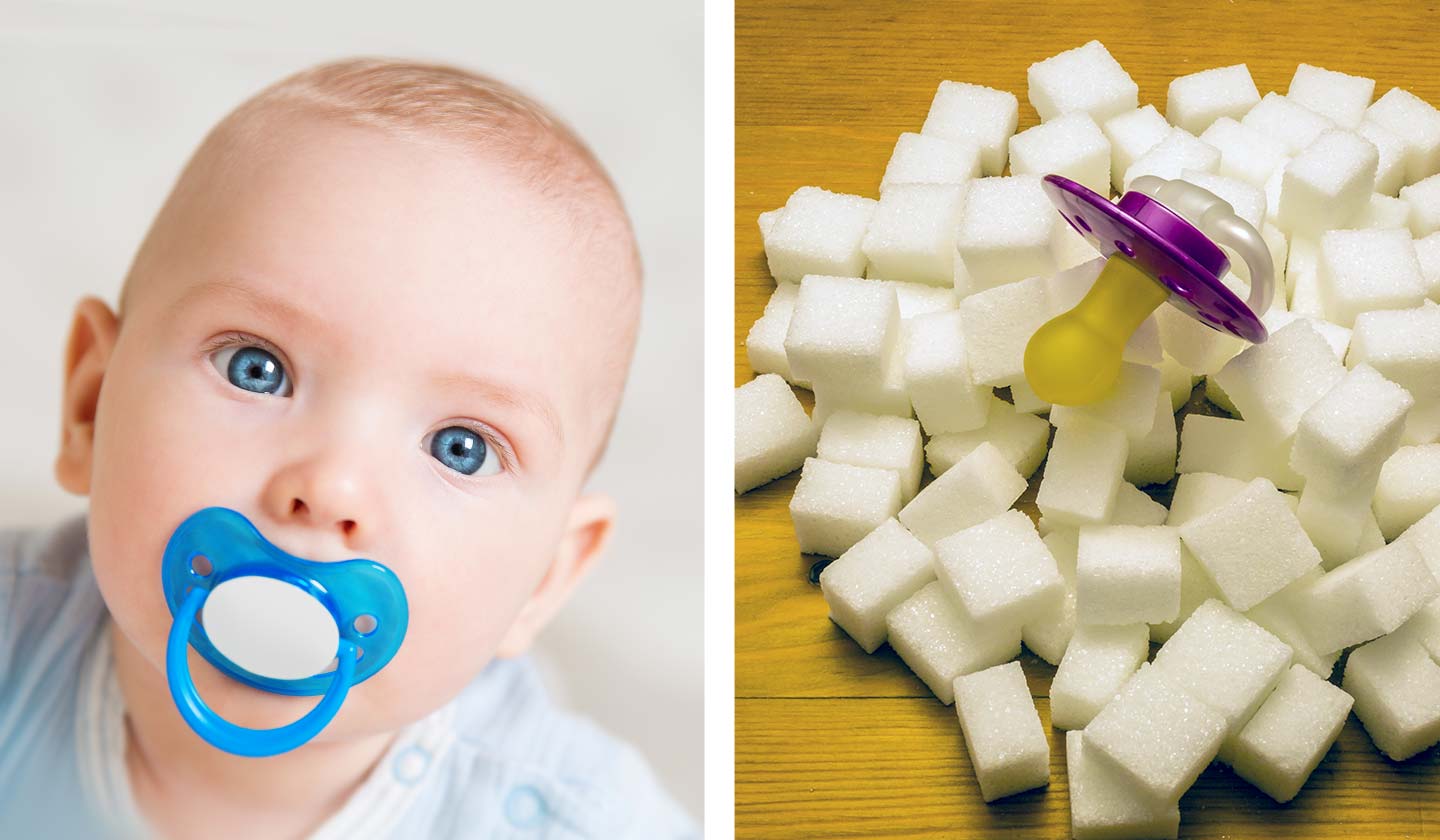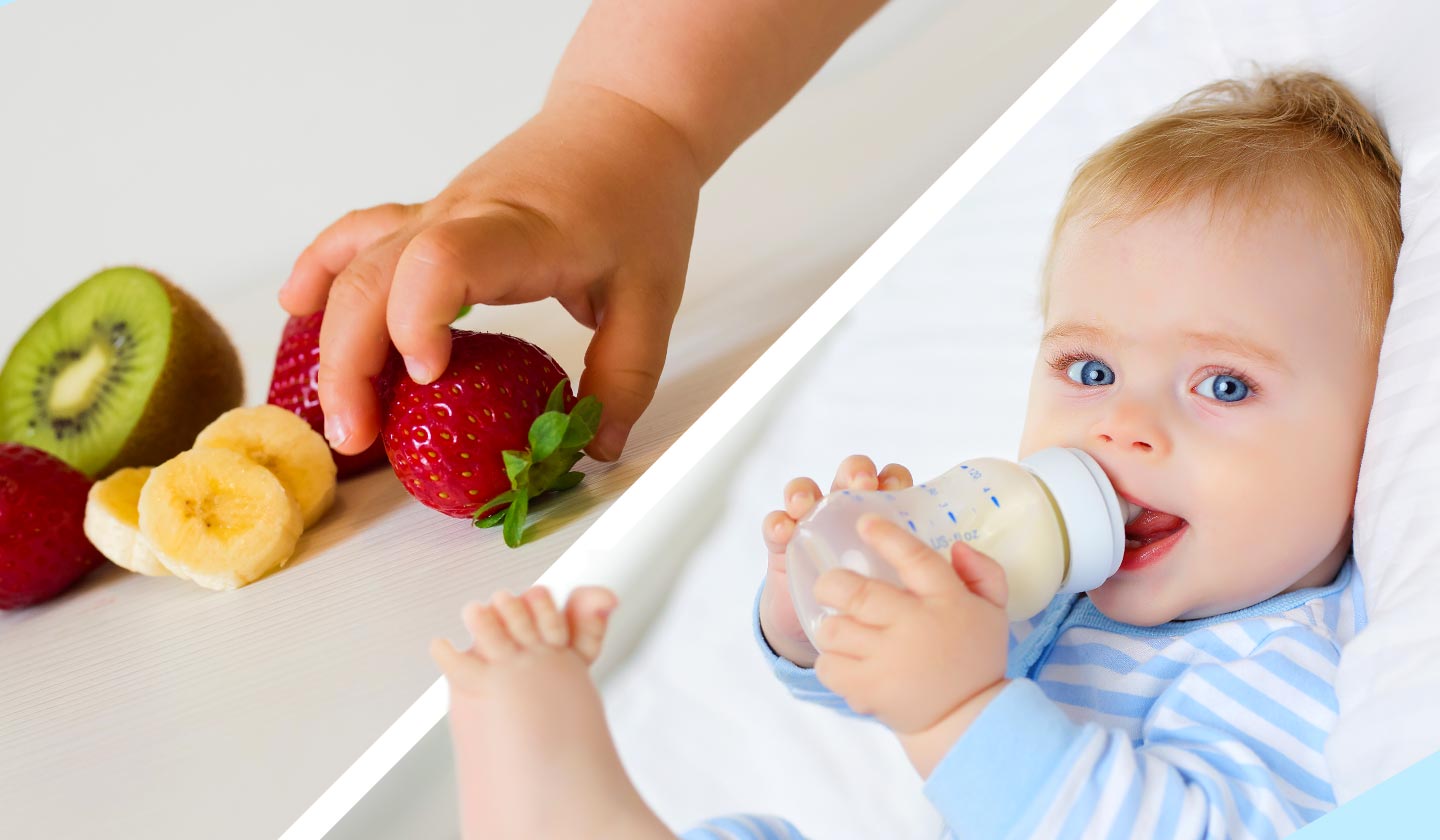Mouth and theeth
Oral Health - Children

The formation of teeth begins during pregnancy and only ends when the so-called definitive dentition is complete.

Nutrition during pregnancy
Care with the children's oral health begins during pregnancy: the mother must choose a diet that guarantees the essential nutrients for the baby and must not neglect her oral hygiene, to prevent infections in the mouth that can be transmitted to the baby.

First teeth
On average, the first teeth (milk teeth) appear between 6 and 8 months of age. This is the right time for the first visit to the dentist or, at the latest, until the first year of life.
Most common complaints at this stage:
- Reddened gums
- Increased salivation
- Loss of appetite
- Anxiety
- Difficulty sleeping.
To relieve discomfort, the child's mouth can be cleaned 2 or 3 times a day with a wet gauze, or using teethers and gels.

Milk teeth
Milk teeth are important in development: they are involved in breathing, chewing, swallowing (swallowing) and the growth of the jaws, they contribute to maintaining the space where the permanent teeth will come in and facilitate the articulation of sounds (speaking). The last milk teeth do not usually fall out until they are 11-12 years old, so any decay or trauma to these teeth can have an impact on the future.
Milk teeth should be treated as if they were permanent teeth.
Good oral health….from the beginning
Good habits should be transmitted from an early age. Tooth decay can start as soon as the first tooth is born, so to avoid this and other problems, there are essential precautions:

- until the first teeth emerge, cleanse the baby's gums with a clean, damp gauze or towel.
- Start brushing as soon as the first tooth comes in, with small, soft brushes or finger brushes. Toothpaste should also be introduced at this time, in small proportions and teaching the child not to swallow.

- The habit of sucking on the finger or on objects should be abandoned by the age of 3.
- Do not add sugar or honey to your dummy or bottle.

- Ensure good eating habits.
- Eating or drinking milk at night (after brushing teeth), or holding a bottle in the mouth until you fall asleep promotes tooth decay - discourage.
Sources
iSaúde






